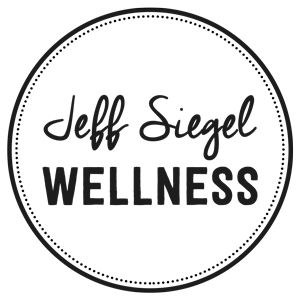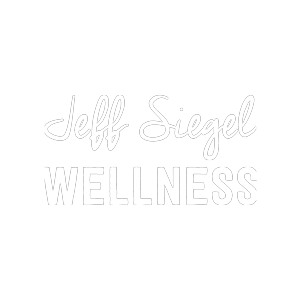The One Thing That Matters More Than Your Morning Routine—Sober Sleep
In the pursuit of optimal physical and mental health, every man needs to recognize that it’s not just the hours spent under the influence of alcohol that are holding him back—it’s the profound impact alcohol has on your sleep.
If you genuinely care about your well-being, it’s time to take control of drinking and your sleep. One without the other will be inadequate.
Drunk sleep is not quality sleep (for reasons we’ll discuss in a moment). If you’re serious about upgrading your physical and mental health, it’s time to reconsider your relationship with drinking.
Let’s cut to the chase—a normal night should be a zero-alcohol day. Period.
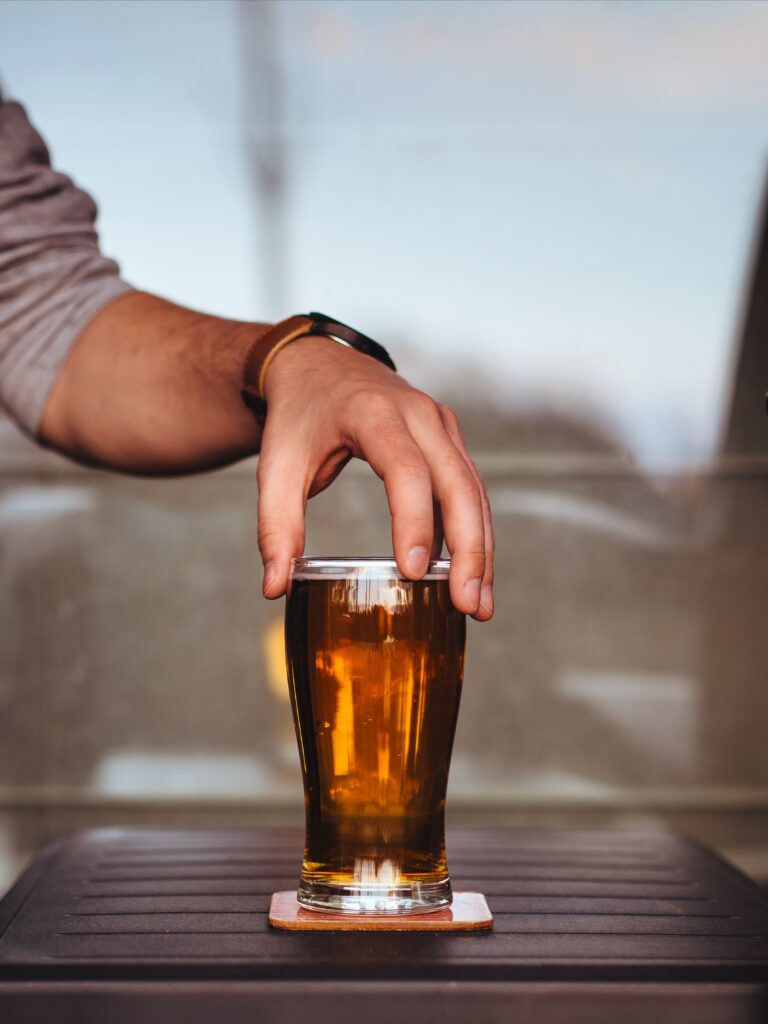

Picture this: You’ve had a few drinks in the evening, and now it’s time to hit the hay. It might seem like a harmless routine, but the truth is, drinking within six hours of bedtime is a surefire way to sabotage the one thing your body desperately needs more than anything else—restful sleep.
Sleep is not just a period of inactivity; it’s your body’s primary recovery tool. It’s the time when your brain recharges, your muscles repair, and your overall well-being is restored.
Now, imagine alcohol as the villain sneaking into this sanctuary of rejuvenation. It’s sabotaging your body’s efforts to rejuvenate, leaving you with a battery that’s half-drained before you even wake up.
How Alcohol Disrupts Your Body & Sleep
The science is unequivocal—consuming alcohol close to bedtime disrupts your sleep architecture. You may fall asleep faster, but the quality of your sleep is compromised. Your journey through the different sleep cycles is disrupted, preventing your body from achieving the deep, restorative rest it craves.
Specifically, alcohol reduces REM (Rapid Eye Movement) sleep, which is crucial for cognitive functions like memory and learning. As the alcohol wears off, there’s often a rebound increase in wakefulness and lighter stages of sleep. This leads to frequent awakenings and non-restorative sleep.
Don’t believe it?
Here’s is data from my Oura Smart ring that monitors my heart rate and other biometrics while I sleep. (I encourage you to track your sleep and get some insights to help you optimize your recovery.)
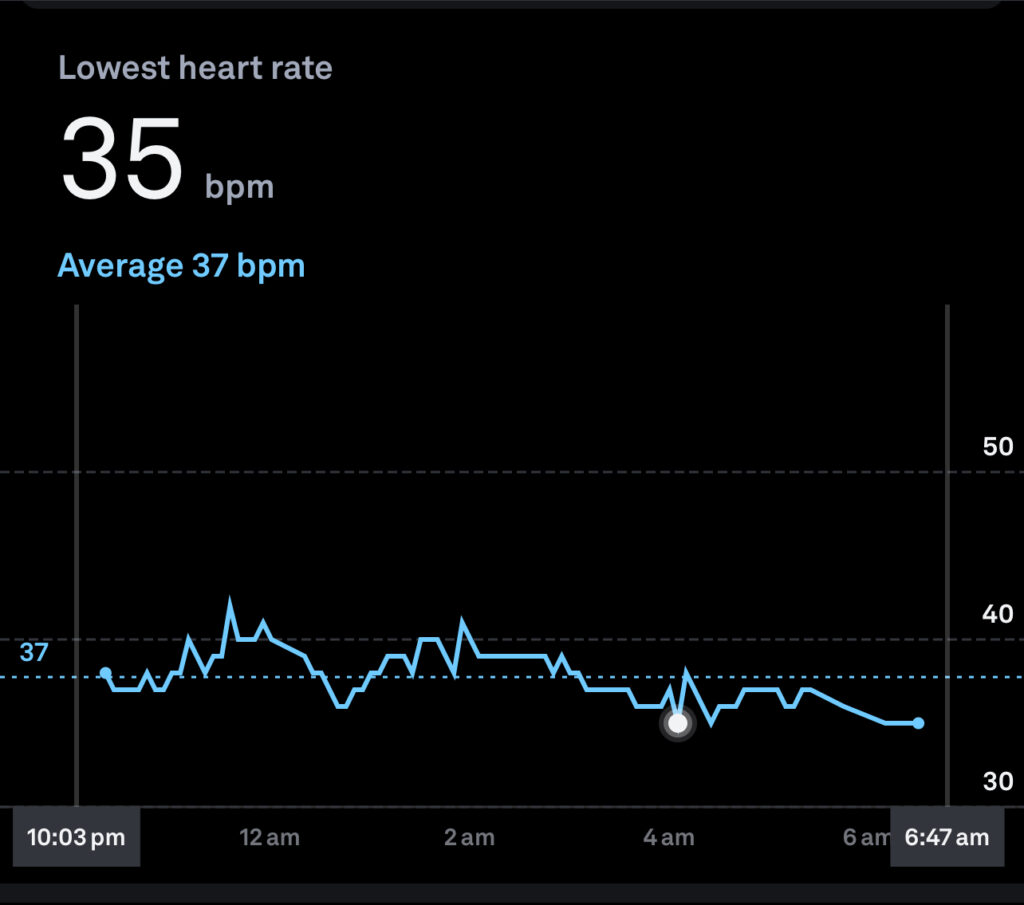

Above is heart rate data from a night of sober sleep. As you can see, my heart rate is consistently low and drops to its lowest point near the end of my night’s sleep. This is a normal pattern for me, and I have over five years of data to back that up.
(Note: I have a very low resting heart rate, also known as Bradycardia which is a combination of fitness and genetics. Common resting heart rates range from mid-50s to mid-60s bpm)
Below is my Heart rate variability (HRV), another important measure of recovery. HRV can tell you a lot about your health. Specifically, it can provide insights into how your body responds to life’s stressors, both mental and physical. As a general rule, higher HRV means your nervous system is more agile and better able to respond to stress.
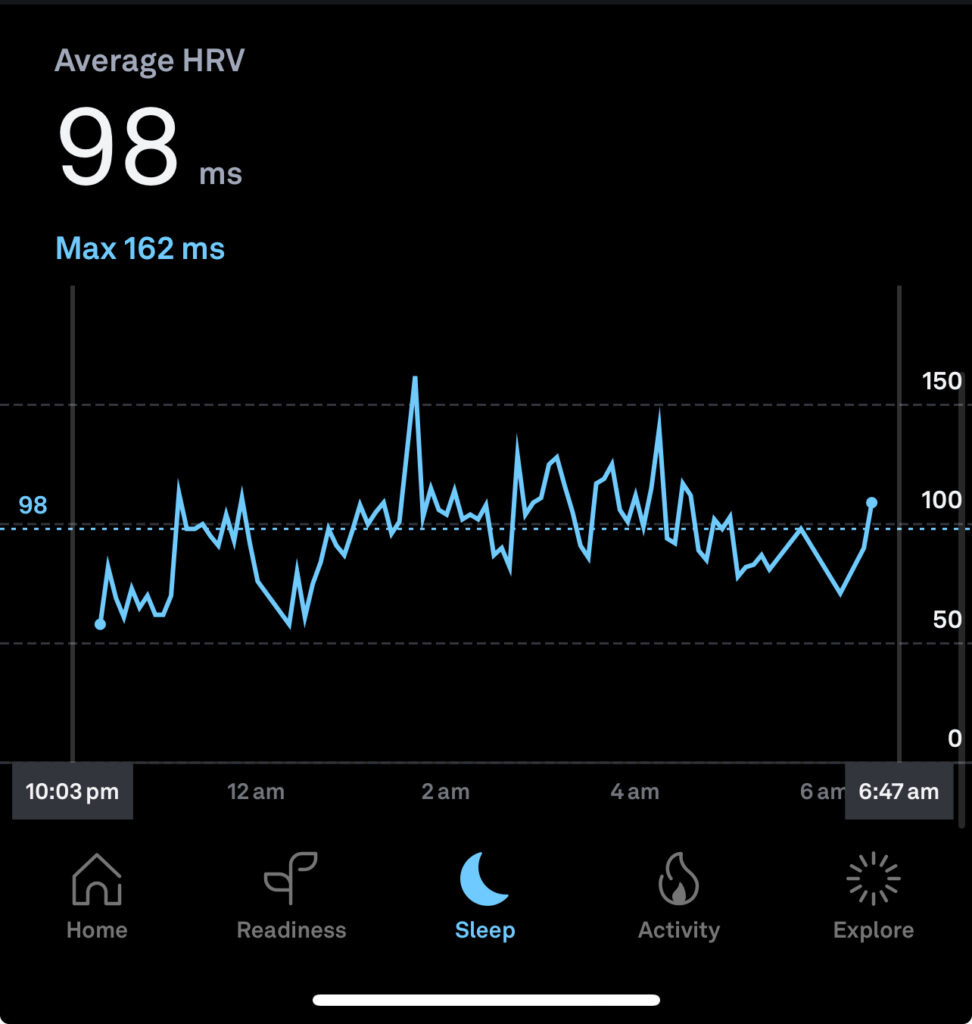

Now compare my sleep data after having a few beers before bed. Specifically, look below at my average heart rate after drinking.
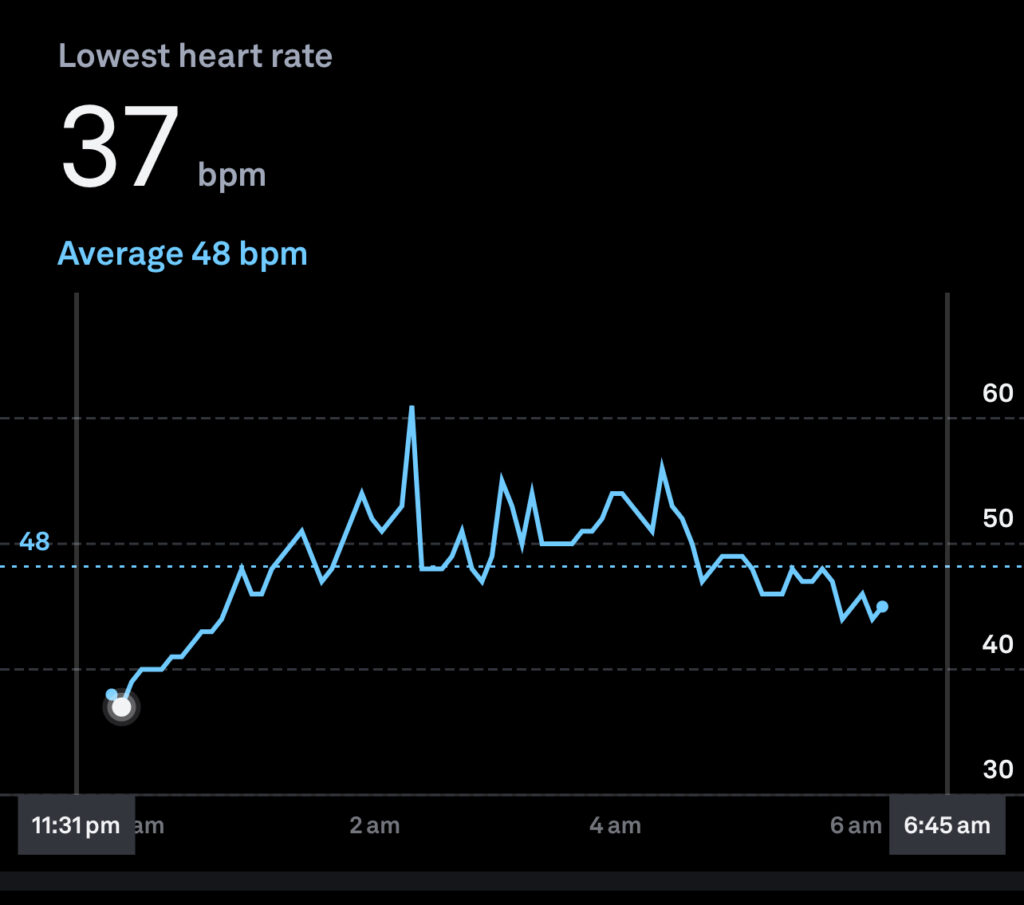

My average nighttime heart rate was over 10 beats higher—20% above my normal.
As you can, my heart rate also climbed throughout the night as my body strained to metabolize and detox the alcohol. This is the opposite of my normal pattern and prevented my body from getting quality, restorative sleep.
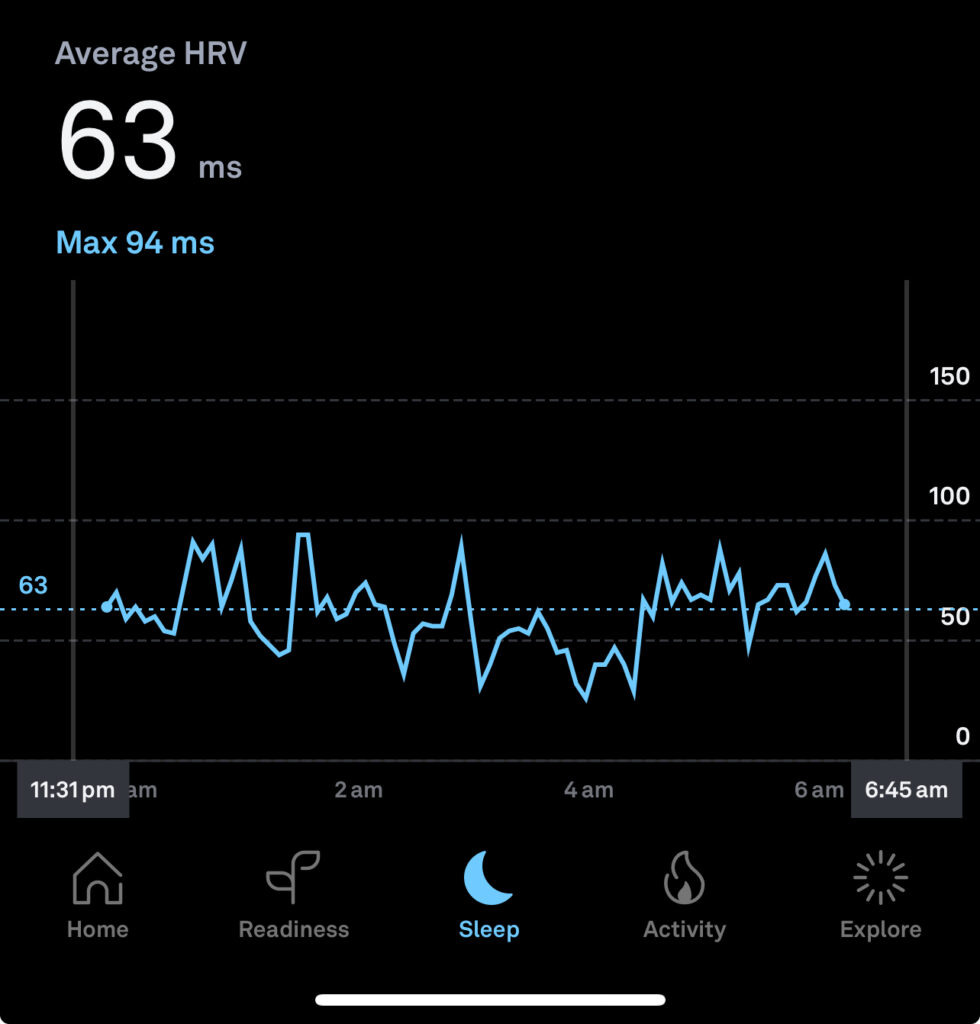

What’s more, my HRV dropped significantly after drinking alcohol—35% lower than normal!
The bottom line: Drinking alcohol suppresses your autonomic nervous system and has a strong negative influence on HRV.
Health Consequences of Drunk Sleep
All of this data points to the ways alcohol affects your circadian rhythm, the body’s internal clock that regulates sleep-wake cycles. The impact on men’s health is particularly concerning as chronic disruption of sleep can lead to a range of health issues. These include increased risk of cardiovascular diseases, obesity, diabetes, and mental health disorders like depression and anxiety.
(Learn why sitting on your couch isn’t helping you cope).
Perhaps most problematic is the vicious cycle of poor sleep, caffeine, and more drinking. The downward spiral goes like this: You drink at night, perhaps to fall asleep. Subsequent poor sleep then leads to daytime sleepiness that you self-treat with caffeine, which exacerbates insomnia, requiring more alcohol to fall asleep, etc.
The Vicious Cycle of Nighttime Drinking
- Night time drinking
- Restless sleep
- Insomnia
- Daytime sleepiness
- Caffeine
- More Drinking
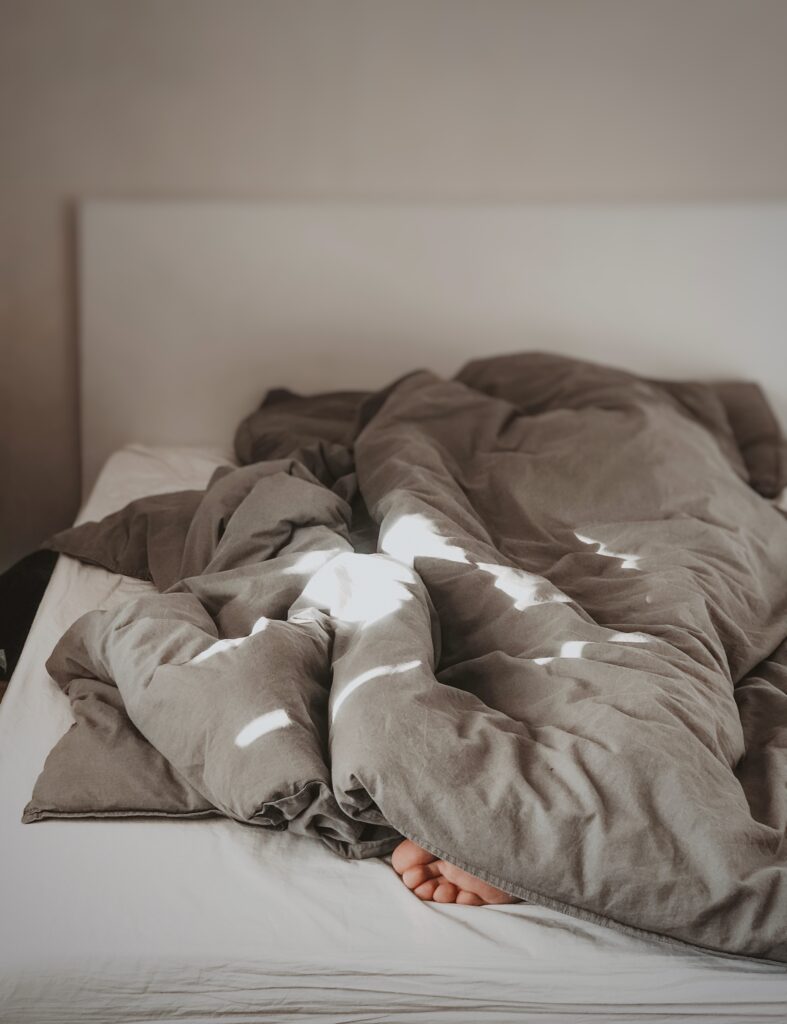

Confronting the Challenges of Sober Sleep
For those on the challenging journey of sobriety, grappling with sleep disturbances that come from weaning off alcohol can be an additional hurdle. Understandably, breaking the habit of relying on alcohol for sleep may initially disrupt your familiar routine, leaving you feeling restless and anxious at bedtime.
To those facing this struggle, I offer empathy and reassurance—the difficulty you’re experiencing is temporary, and the rewards of persisting are immense.
Consider incorporating soothing bedtime rituals, such as reading a calming book or practicing mindfulness meditation to help ease the transition.
Proper sleep hygiene is also critical. Blackout curtains, eye masks, cool temperatures, and a screen-free environment are essential.
Nutrition also matters. The right foods at the right times can also make or break your sleep at night.
It’s crucial to remember that the initial discomfort is a sign of your body adjusting to a healthier, alcohol-free sleep pattern—Keep going. There’s a light on the other end.


The Benefits of Overcoming Unhealthy Patterns
Breaking the cycle of relying on alcohol to ease your nerves at night is a serious endeavor. It’s not easy at first, but it gets easier with each passing day of sobriety.
The key is to remember what sober sleep means for you tomorrow.
- It means waking up tomorrow with a battery that’s fully charged.
- It means improving your health and bolstering your metabolism.
- It means heightening your mental sharpness.
Consider this: if you are trying to upgrade your lifestyle and have been hitting the gym or eating healthier, do you want to throw it all away by screwing up your sleep?
Probably not.
Your commitment to health should extend beyond your waking hours. It’s not just about lifting heavy or eating right; it’s also about giving your body the undisturbed, quality sleep it needs to thrive.


Why Is Sober Sleep So Crucial?
- Quality Over Quantity: It’s not just about the number of hours you spend in bed; it’s about the quality of those hours. Sober sleep allows your body to move through the various sleep stages seamlessly, ensuring each one plays its role in your overall well-being. Less waking up. Less restlessness. More recharge.
- Metabolism & Testosterone: Alcohol disrupts your body’s metabolic processes, affecting everything from nutrient absorption to fat storage. The extra calories from booze coupled with disinhibited nighttime eating aren’t helping your waistline. Moreover, chronic sleep disruption has been linked to a decrease in testosterone levels, affecting reproductive health and overall vitality. Sober sleep is your secret weapon in maintaining a healthy metabolism, supporting your fitness goals, and overall health.
- Mental Sharpness: Ever experienced that foggy feeling after a night of drinking? That’s your brain’s way of telling you it didn’t get the rest it needed. It was dealing with dehydration and toxins rather than memory consolidation and dreaming. Sober sleep promotes mental clarity, focus, and cognitive function—vital ingredients for success in every aspect of your life.
If you want to unlock your best self, it starts with reevaluating your relationship with alcohol.
Ask yourself, is the negative impact it has on your sleep worthwhile?
Sometimes the answer might be “Yes, a drink is worth it.” But if nightly drinking is a habit, look back on all those nights and ask yourself…
How many nights of drinking were really worth it?
If you’re brutally honest with yourself, probably less than you’d like to admit.
It’s Time To Upgrade Your Coping Skills
To be fair, we all need coping tools to deal with life’s stressors and responsibilities. But booze, gambling, porn, or endless tv is not ideal. More often these will backfire, jazzing you up, pumping cortisol, adrenaline, and norepinephrine through your veins.
Rather than using alcohol to downregulate your nervous system before bed, you need to learn how to manage your stress healthfully. This is one of the many things that men’s life coaching can do for you—teach you healthy coping tools like mindfulness, breathwork, and meditation.
If you’re interested in a healthier, more vibrant life, set up a free consultation to discuss private coaching.
<<Set up a complimentary call with Jeff>>
Your body and mind will thank you for it.
~ Jeff
Sources:
Walker, M. (2017). Why We Sleep: Unlocking the Power of Sleep and Dreams.
Roehrs, T., & Roth, T. (2001). Sleep, sleepiness, and alcohol use.
Colrain, I. M., Nicholas, C. L., & Baker, F. C. (2014). Alcohol and the sleeping brain.
